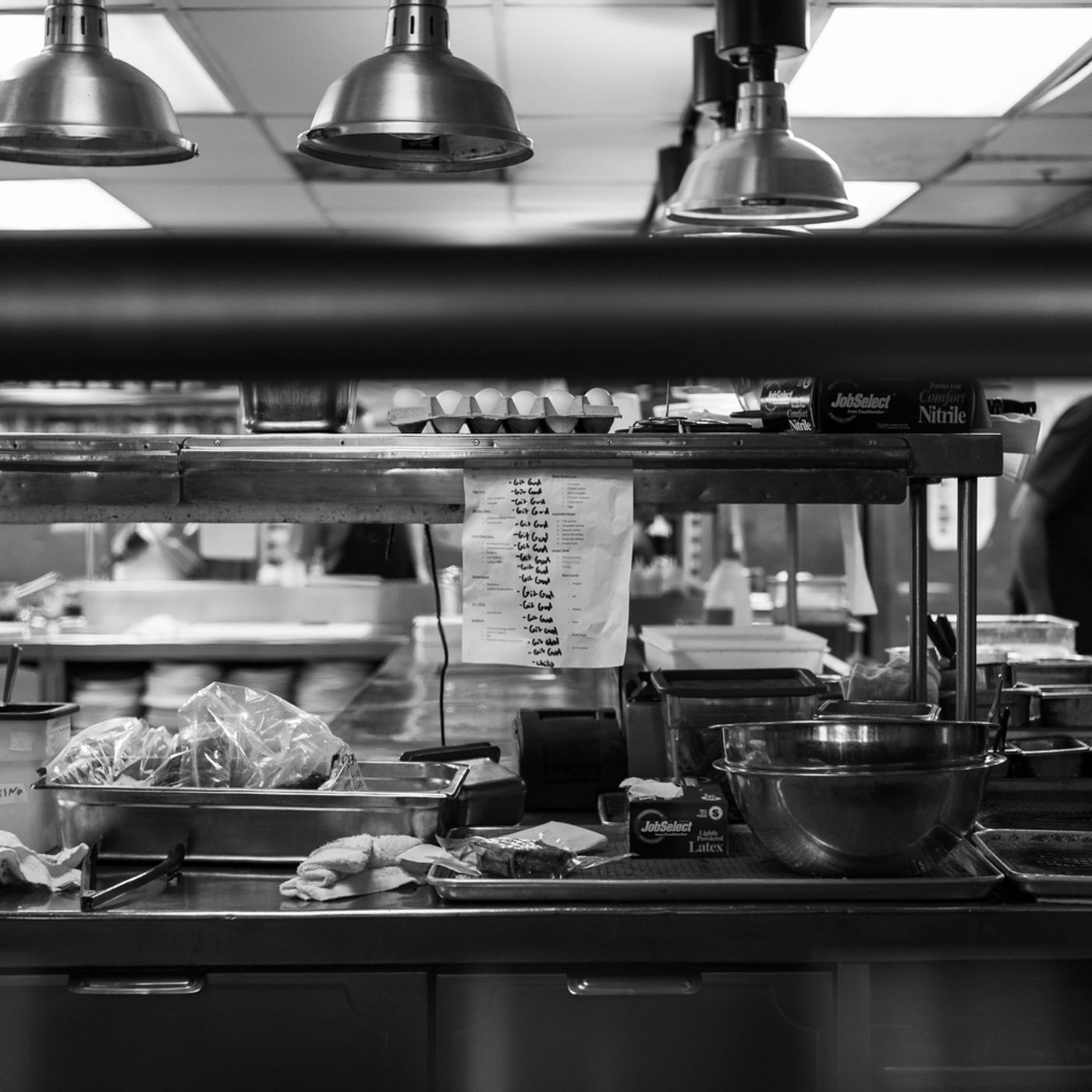Running a successful restaurant is more than just about serving great food; it’s also about delivering an exceptional dining experience.
One of the critical elements that can make or break a restaurant’s success is the quality of its staff. In particular, the kitchen staff, who are responsible for preparing and delivering the delicious dishes that keep customers coming back, play a pivotal role. In this article, we will explore the significance of well-trained kitchen staff in delivering exceptional service and improving restaurant performance.
Consistency and Quality Consistency is key in the restaurant industry. Customers return to their favorite restaurants expecting the same high-quality dishes every time. Well-trained kitchen staff can ensure that each plate leaving the kitchen meets the restaurant’s standards for taste, presentation, and portion size. This consistency builds trust and loyalty among customers, who know they can rely on your restaurant for a satisfying meal.
Efficiency and Speed In a fast-paced restaurant environment, time is of the essence. Efficiently trained kitchen staff can handle high-volume orders without sacrificing the quality of the food. Timely preparation and delivery of dishes not only satisfy hungry customers but also contribute to better table turnover, increasing the restaurant’s revenue.
Adaptability and Problem-Solving The restaurant industry is not without its challenges. From unexpected rushes to dietary restrictions, kitchen staff need to be adaptable and quick-thinking. Training empowers them with the skills to handle unforeseen situations, make on-the-fly menu adjustments, and provide solutions that keep both customers and the restaurant’s reputation intact.
Conclusion
The success of a restaurant relies heavily on the expertise and dedication of its kitchen staff. Well-trained employees not only ensure consistent quality and efficiency but also contribute to a positive working environment and customer satisfaction. Investing in employee training is an investment in the future of your restaurant, ultimately leading to improved performance, increased customer loyalty, and long-term success in the highly competitive restaurant industry. By recognizing and valuing the pivotal role of kitchen staff, you can set your restaurant on the path to excellence.




